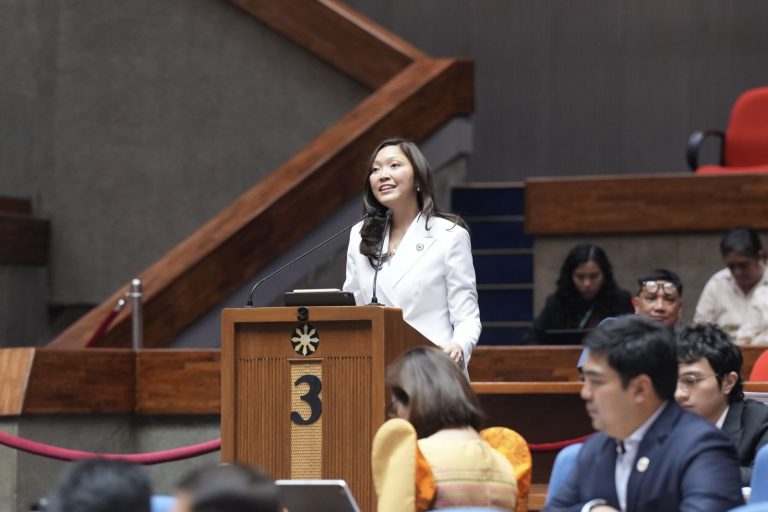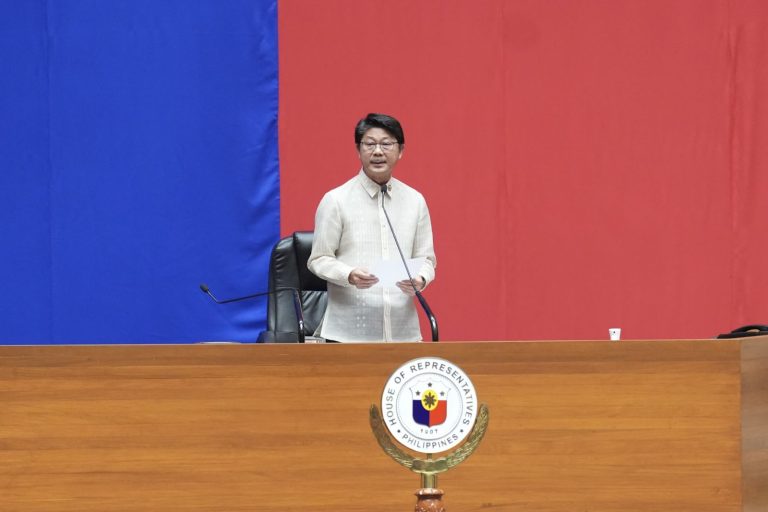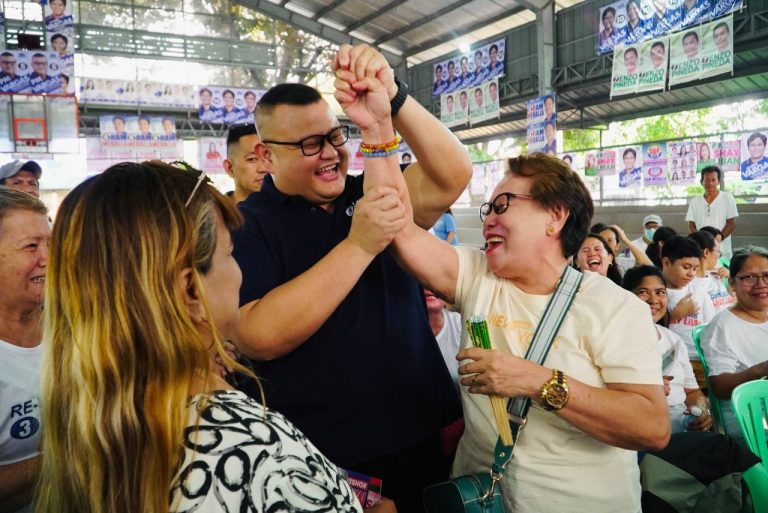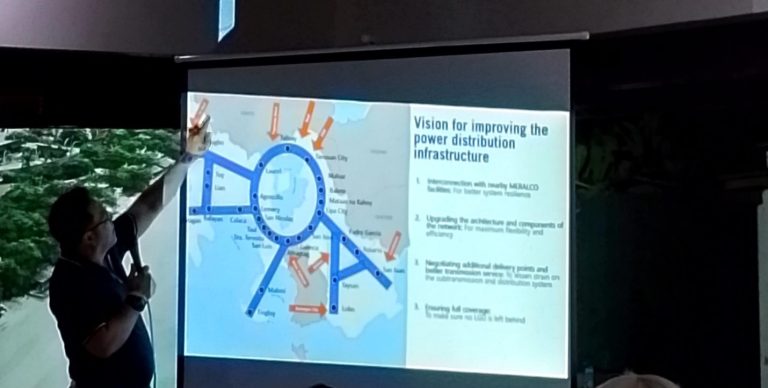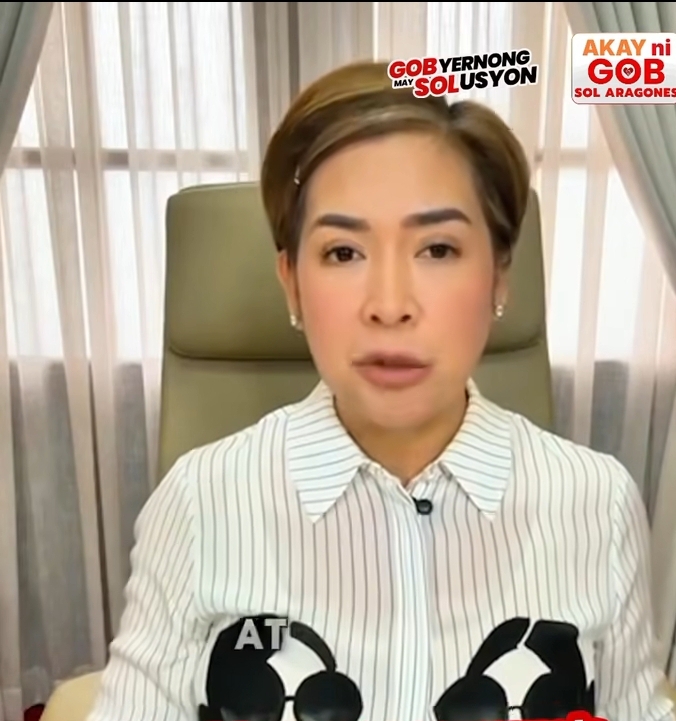
THE House of Representatives on Wednesday concluded plenary deliberations on the proposed 2026 budgets of several key agencies, including the Office of the Ombudsman, Judiciary, Philippine Drug Enforcement Agency (PDEA), Dangerous Drugs Board (DDB), Games and Amusements Board (GAB), and the Philippine Sports Commission (PSC). Their respective allocations were approved following interpellations
Quezon Rep. Keith Micah Tan sponsored the proposed P6.67-billion budget of the Office of the Ombudsman for 2026, composed of P6.23 billion recommended by the DBM, P159.158 million in new appropriations, and P280 million in additional funds approved by the Budget Amendments Review Subcommittee (BARSc).
Tan said the funding would sustain the Ombudsman’s anti-corruption investigation, enforcement, public assistance and prevention programs.
“The Filipino people expect results, demand action, full transparency and genuine accountability. It is imperative that the government strengthens mechanisms for swift and impartial resolution of alleged corruption and other illegal, unjust, improper or inefficient acts,” he stressed.
Cagayan de Oro City Rep. Rufus Rodriguez, defending the Judiciary’s proposed P67.77 billion budget for 2026, stated that the total allocation reached P69.27 billion after an additional P1.317 billion was approved.
Rodriguez highlighted reforms under the Supreme Court’s Strategic Plan for Judicial Innovations (SPJI) 2022-2027, citing the rollout of the Philippine Judiciary Platform and e-Court PH, e-payment systems, online bar registration and court modernization programs.
He added the Judiciary had originally sought P105.76 billion and that a request for reconsideration worth P21.76 billion would be submitted to address court requirements.
The plenary also terminated deliberations on the proposed P4.531 billion budget of PDEA and P490.085 million allocation for the DDB, sponsored by Marikina City Rep. Marcelino Teodoro.
For 2026, PDEA and DDB set four priorities — expand prevention, education and community-based rehab; modernize enforcement with advanced tools and training; strengthen interagency and LGU coordination; and boost international cooperation against transnational drug trafficking.
“Mr. Speaker, the budget we respectfully present today is an investment in both public safety and, equally important, in public health. It is an affirmation of our collective commitment to protect our communities, safeguard our youth and pursue a drug resilient Philippines founded on sound policy, effective enforcement and respect for human rights,” Teodoro said.
ML Party-list Rep. Leila de Lima asked about DDB’s policy recommendations to institutionalize a human rights–based approach to combatting illegal drugs.
Teodoro admitted that existing laws have shown limitations, stressing the need for more balanced and inclusive policies that treat drug dependence as both a health and social issue.
“There is currently no executive order in place to implement an institutionalized policy and approach of the current administration,” Teodoro said.
He stressed the need for a new executive order that would institutionalize the pillars of supply reduction, demand reduction, and health, social and developmental services.
Meanwhile, the P151 million budget of the GAB was swiftly terminated with Biliran Rep. Gerardo Espina Jr. as sponsor.
He also sponsored the P1.1 billion proposed budget of the PSC, where questions centered on funding sufficiency, athlete welfare and grassroots programs.
Pusong Pinoy Party-list Rep. Jernie Jett Nisay asked if the PSC’s 2026 budget was sufficient.
Espina answered that the PSC’s budget remains insufficient, noting that newly appointed Chairman John Patrick Gregorio implemented a P5,000 monthly increase for athletes starting July 2025.
Nisay asked about the National Sports Development Fund (NSDF), to which Espina said 60 percent supports elite athletes and 40 percent goes to grassroots and operations, with P820 million of the P1.95 billion fund spent on programs for 84 national sports associations.
On programs for women, athletes with disabilities and indigenous people, Espina said the PSC has ongoing initiatives nationwide, including gender and development activities and indigenous games.

